Here is a quote from ‘Interior Freedom’ by Jacques Philippe:
To achieve true interior freedom we must train ourselves to accept, peacefully and willingly, plenty of things that seem to contradict our freedom. This means consenting to our personal limitations, our weaknesses, our powerlessness, this or that situation that life imposes on us, and so on. We find it difficult to do this, because we feel a natural revulsion for situations we cannot control. But the fact is that the situations that really make us grow are precisely those we do not control.
What is your initial reaction? There are many people who like to control/dominate others as well as situations over which we have no control. So does it not go against the grain to decide to consent to something we do not like or choose? And what about our weaknesses - shouldn’t we be trying to improve ourselves?
There is more to this than meets the eye. I think it is about us choosing to consent. Choice is a freedom in itself isn’t it? For instance - trivial example; I am lousy at proof reading my writing - no point in me being angry about it because I have tried very hard over many years to get better. So I consent to this weakness and mitigate against it, when necessary, by inviting someone to proof read important documents.
But, when faced with something that we do not want and have not chosen, what does Philippe suggest? He says that we have 3 choices: rebellion; resignation or consent. Of those, I suggest the most powerful and healthy response is consent. Consent is a positive action; resignation lacks any hint of power or freedom and forms a breeding ground for resentment; rebellion is a word and action that suggests an angry interior.
Those are a few quick thoughts from me after reading those sentences from Philippe. What are yours? What is the power within the word ‘consent’ that you discern?
